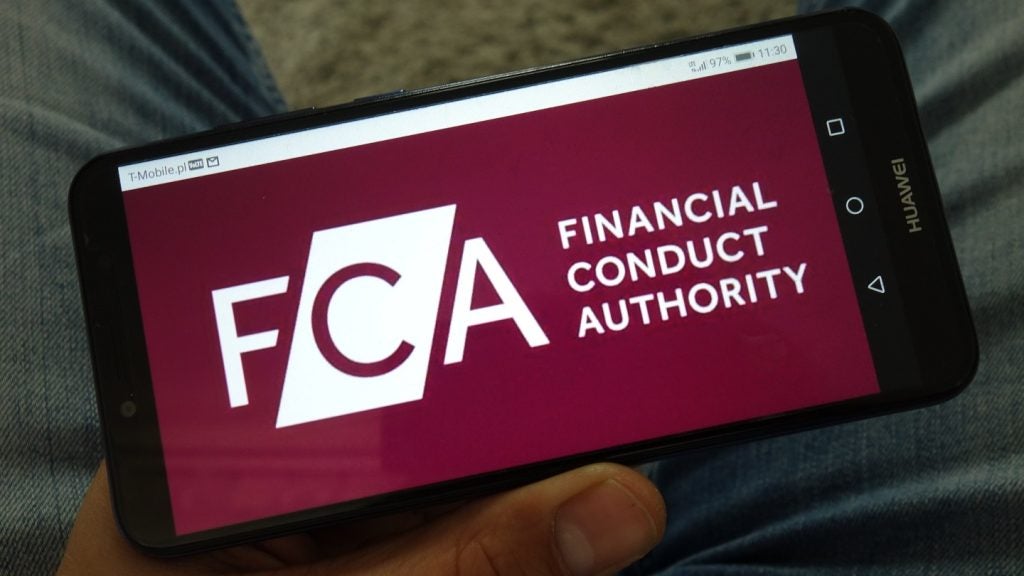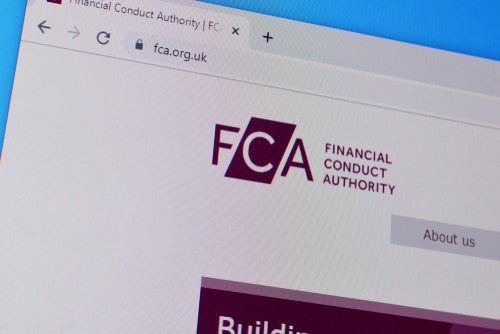
The Financial Conduct Authority (FCA) overdraft reform long anticipated by many in the financial industry has arrived, implementing changes in areas such as unarranged overdrafts and simplifying interest rates. But what are its implications for consumers and businesses?
FCA overdraft reform’s impact on the British public
According to the FCA, in 2017 firms made over £2.4bn from overdrafts alone, with around 30% from unarranged overdrafts. More than 50% of banks’ unarranged overdraft fees came from 1.5% of customers, and people living in deprived areas are more likely to be impacted by these fees. In some cases, unarranged overdraft fees can be more than ten times as high as fees for payday loans.
In response to this the FCA has introduced regulation that is stopping banks and building societies from charging higher prices for unarranged overdrafts than for arranged overdrafts. In addition it is banning fixed fees for borrowing through an overdraft, requiring banks and building societies to price overdrafts by a simple annual interest rate.
SME funding
Smaller businesses, otherwise known as Small and Moderate Enterprises (SMEs) have used bank overdrafts as an expensive form of finance for years instead of more targeted bespoke finance like leasing and asset-based finance.
However the trend has changed over the past decade as funders made small business owners more aware of finance products like asset finance, and schemes like the bank referral scheme were brought in for SMEs (despite questions about its efficacy).
In 2015, Close Brothers said more SMEs were using asset finance ahead of the traditional bank finance and overdraft.
How well do you really know your competitors?
Access the most comprehensive Company Profiles on the market, powered by GlobalData. Save hours of research. Gain competitive edge.

Thank you!
Your download email will arrive shortly
Not ready to buy yet? Download a free sample
We are confident about the unique quality of our Company Profiles. However, we want you to make the most beneficial decision for your business, so we offer a free sample that you can download by submitting the below form
By GlobalDataIn 2016, Funding Options said overdraft lending to SMEs had fallen by 37% in five years, with the value of overdrafts falling to £12bn over that time period.
And in 2017, the Bank of England pointed out that £9.5bn was lent to small and mid-sized businesses in asset based finance in 2016 – up 3% from £9.2bn in 2015. At the same time the amount of outstanding bank overdrafts decreased by 2% to an average £12.4bn in 2016, down from £12.6bn in 2015.
While alternative finance seems to be taking more of the overdraft bank business away from the high street banks, the FCA overdraft reform is likely to drive this trend.
Additionally banks will seek to recoup the losses from regulation, most likely with higher interest rates, strengthening the cause for lessors.
Conclusion
Virtually everyone with a bank account in the UK has had the wearying feeling of looking at an account and seeing they have slipped into an overdraft. In some ways it seems only fair that the bank are charging you for it, for you are at this moment taking their money after all.
But as the charges stack up there can be an increasing feeling of injustice served, of paying through the nose just to get back to zero. The FCA’s overdraft reform may be welcome, but it will still take consumer attentiveness to make sure they are only paying what is strictly necessary. With UK banks set to lose £700m in earnings from these changes according to the FCA, consumers and businesses should also watch out for a myriad of different fees that be introduced to replace this lost income.







